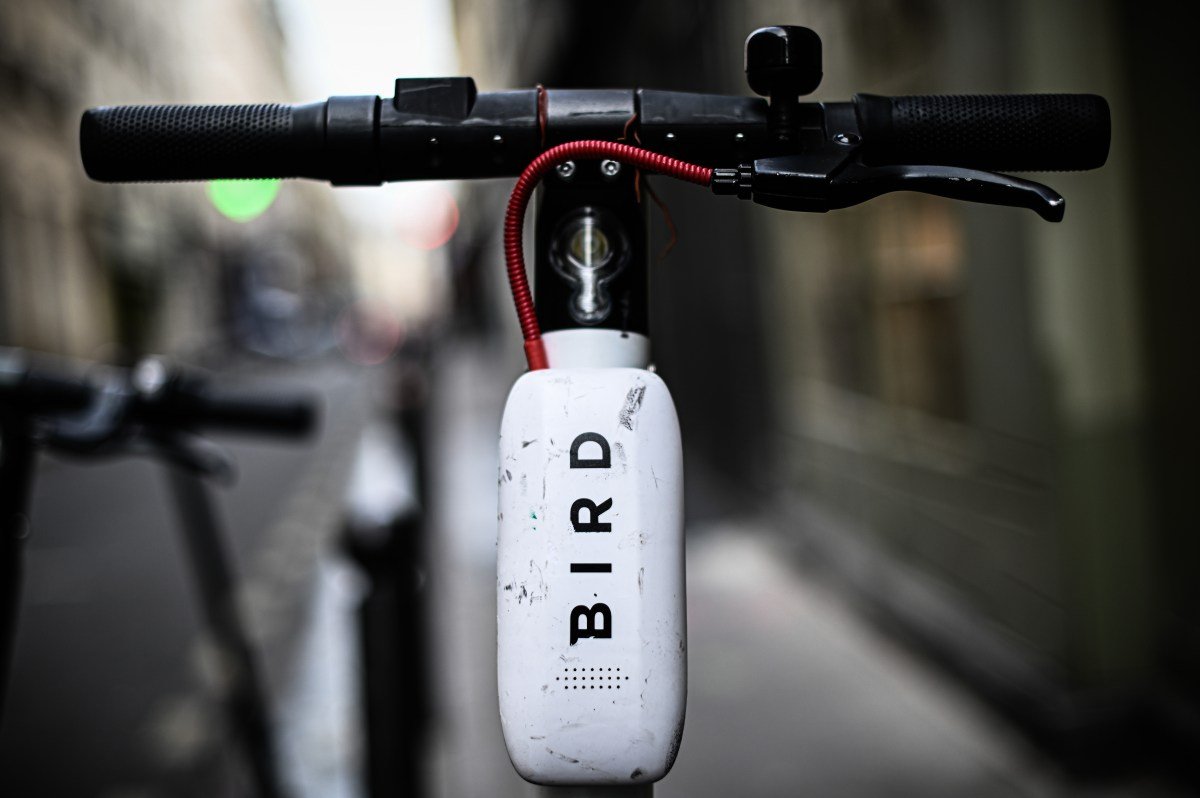Bird takes flight into financial restructuring, as the electric scooter company files for Chapter 11 bankruptcy amidst a turbulent year.
In a press release today, Bird announced its efforts to strengthen its balance sheet through a “financial restructuring process,” emphasizing its continued operation towards “long-term, sustainable growth.”
Travis VanderZanden, former executive at Lyft and Uber, founded Bird in 2017, pioneering the concept of dockless micromobility platforms worldwide. This allowed city-dwellers to access short-term electric scooter or bike rentals. Going public in late 2021 through a SPAC merger, Bird struggled in a competitive market with questionable economics. As a result, its stock took a constant nosedive, plummeting from over a $2 billion market cap at its New York Stock Exchange (NYSE) debut to a mere $70 million twelve months later. This decline led to a warning from the NYSE, citing Bird’s low share price.
Unfortunately, things did not improve, and in June, CEO VanderZanden resigned. By September, Bird was delisted from the NYSE.
Concurrently, Bird announced layoffs after acquiring Spin for $19 million.
Chapter 11 bankruptcy will allow Bird to restructure its finances without disrupting daily operations. Existing lenders, such as Apollo Global Management division MidCap Financial, are providing $25 million in financing during this process. The company’s ultimate goal is to sell its assets, utilizing a “stalking horse” agreement to initiate a bidding process that will maximize its value. Lenders will set a baseline bid, and external suitors will have four months to place their bids.
Michael Washinushi, interim CEO, will continue in his role before and after the restructuring, according to the statement.
“This announcement is a significant milestone in Bird’s transformation, starting with our new leadership earlier this year,” said Washinushi. “We are making progress towards profitability and aim to accelerate that progress by right-sizing our capital structure through this restructuring. Our mission remains focused on making cities more livable by reducing car usage, traffic, and carbon emissions through micromobility.”
It’s important to note that Bird’s Canadian and European operations are not included in this bankruptcy filing, and will continue operating as usual, the company stated.
Just yesterday, competitor Micromobility.com was delisted from the Nasdaq, following its declining stock price since its own 2018 SPAC merger. Across the pond, European dockless scooter startup Tier laid off 22% of its workforce, which followed Dutch e-bike startup VanMoof’s own bankruptcy proceedings.
All in all, it has been a challenging year for the micromobility industry.








